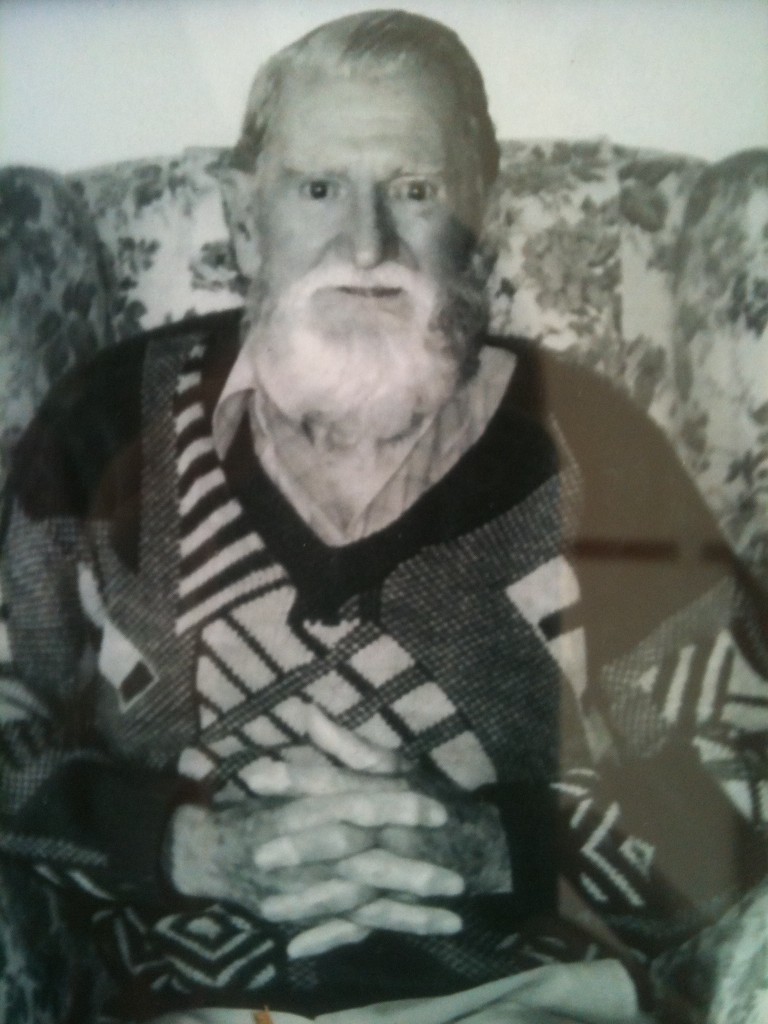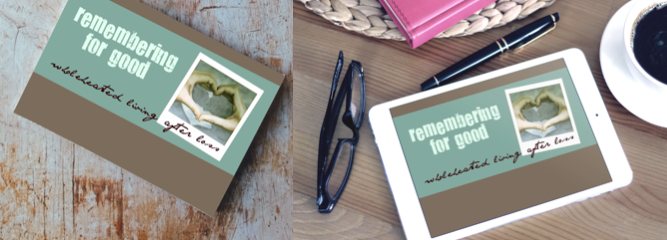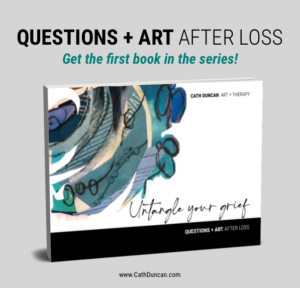
My grandfather was a very polite, well-mannered man his whole life. A real “good boy,” he ate healthy, exercised regularly and went to church. He was a calm, loving and involved husband, father and grandfather, and a friendly and generous host. He was gentle and optimistic, and I never once saw him grumpy, raising his voice or swearing.
We called him Papa and my brothers and sisters and I spent a lot of time with our Granny and Papa. We were very close and, in his 82nd year, when he fell ill while my mother was out of town, he asked me to go with him to the doctor.
I was with him when he was given his cancer diagnosis. I’ll never forget his words in response, when the doctor told him the cancer was advanced and terminal. He just took a deep breathe, shook his head and said, “The bastards…”
That was a few years ago and Papa has since passed away.
I’m not sure when it first happened, but over this past year whenever Andy and I received bad news (a strangely frequent occurrence this past year!), we’d look at each other and, remembering Papa, we’d shake our heads and say, “The bastards…”
Andy and I have no idea who “the bastards” are. I’m not even sure Papa did either. He would probably have been too gentlemanly to blame anyone specific and too humble about his place in the big universe to get angry at God. But somehow those two words manage to express so much that I admire about the way that Papa dealt with difficult circumstances. There’s a very real sense of humility and dignity in those words. A recognition of the hard, but a sense of “good sportsmanship,” and a calm acceptance that even though the news was disappointing, the bigger game has been fair. He did his best, he didn’t win this battle, and it’s okay.
Accessing the wisdom and resourcefulness of those who’ve gone before us
Our memories and words are so powerful. When Andy and I say those two words, we’re paying tribute to the significance of Papa’s life and we’re remembering the qualities of his personality that have inspired us and which would serve us well in our current situation. This remembering opens up my connection with Papa and gives me immediate access to his resourcefulness – his stoicism, strength, dignity, humility, wisdom and calm, and I feel myself take on those qualities I’ve so admired in Papa.
The common approach of focusing on “closure,” “forgetting” and “moving on” after loss cuts us off from these sorts of opportunities to access the resourcefulness and resilience that runs through multiple generations. Ordinary little moments and simple words like this that are infused with rich memories of our relationships with our loved ones can become steadfast and transformational resources for those of us who continue to live and remember.
Do you have memories of favourite catch phrases or words that someone you loved and lost would use? What happens if you imagine approaching some of your current life challenges with their voice and attitude? How do you imagine they would approach and respond to your current life challenges? What advice would they give you? What resourcefulness does this remembering give you access to right now?
And how would they have felt if they could have known that their life and voice had such significance that it continues to impact and bolster your life even after their biological death?
Would you like guidance to explore and heal your grief?
I’ve put together a 35-page grief “workbook” for you; an introduction to Remembering For Good and living wholeheartedly after loss. Learn more about the Remembering For Good grief workbook.
The first book in the QUESTIONS + ART AFTER LOSS series, Untangle Your Grief is a beautiful 65-page book of artful questions and creativity-sparking art prompts to help you to create meaning, belonging, and hope after loss.



